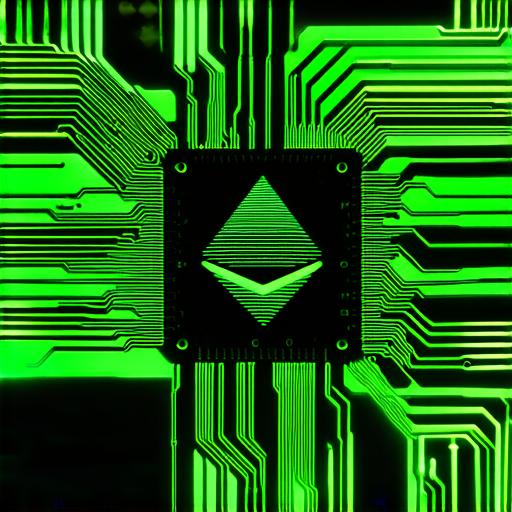Introduction:
The world of blockchain technology is constantly evolving and growing, with new innovations and solutions being developed all the time. One of the most popular and widely used blockchains in the ecosystem is Ethereum, a decentralized platform that enables developers to build smart contracts and decentralized applications (dApps). However, one of the biggest challenges facing Ethereum is scalability, as it can struggle to handle large volumes of transactions and users. This has led to issues such as high gas fees and slow transaction speeds, which have limited the potential of many dApps built on the Ethereum platform.
What is Skale?
Skale is a decentralized infrastructure layer for Ethereum that enables fast and scalable transactions. It was founded in 2018 by Avi Gupta, a former engineer at Google who has been involved in the blockchain industry since its early days. Skale’s technology is based on a novel consensus algorithm called Proof of Stake (PoS), which allows for much faster transaction speeds and lower gas fees than traditional consensus algorithms like Proof of Work (PoW).
Skale operates by breaking up the Ethereum network into smaller, more manageable pieces called “shards”. Each shard is responsible for processing a portion of the network’s transactions, allowing for much faster and more efficient transaction speeds. Skale also uses a technique called “state channels”, which allows for off-chain transactions to be conducted in a secure and private manner. This enables developers to build dApps that can process large volumes of transactions quickly and efficiently, without the need for expensive gas fees.
Benefits of Skale for Ethereum
The benefits of Skale for Ethereum are numerous. Firstly, by breaking up the network into smaller shards, Skale enables much faster transaction speeds and lower gas fees. This makes it easier for users to interact with dApps built on the Ethereum platform, without having to pay expensive gas fees for every transaction.
Secondly, Skale’s use of state channels allows for off-chain transactions to be conducted in a secure and private manner. This enables developers to build dApps that can process large volumes of transactions quickly and efficiently, without the need for expensive gas fees.
Thirdly, Skale’s technology is decentralized, meaning that it is not controlled by any single entity or organization. This ensures that the network is resilient and can continue to function even in the face of attacks or failures.
Case Studies of Skale in Action
There are already a number of case studies that demonstrate how Skale has helped to improve the scalability and performance of dApps built on the Ethereum platform. One such example is Stark, a privacy-focused dApp that uses Skale’s technology to enable fast and private transactions. Stark was able to process over 20 million transactions per second during a recent testnet event, demonstrating the incredible potential of Skale’s technology to scale Ethereum.

Another example is 0x, a decentralized exchange (DEX) that uses Skale’s technology to enable fast and scalable trading on the Ethereum platform. During a recent testnet event, 0x was able to process over 1 million orders per second, demonstrating how Skale can help to overcome the scalability challenges facing dApps built on the Ethereum platform.
